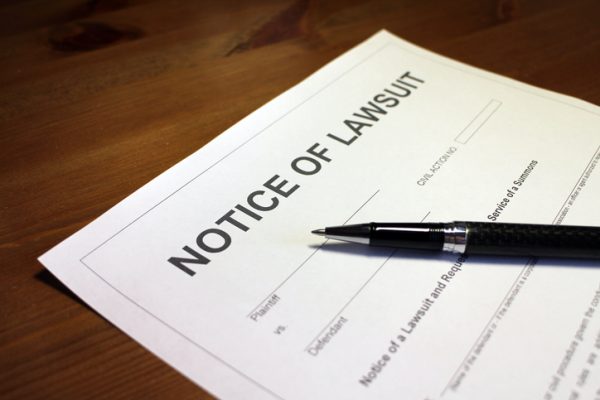
A lawsuit filed in a federal court on Friday alleges that several generic drug companies conspired to fix prices, resulting in often dramatic price increases for their products.
The suit, in the U.S. District Court for the District of Connecticut, includes 43 states and Puerto Rico – led by Connecticut – and Israel-based Teva Pharmaceutical Industries, along with more than a dozen other generic drugmakers. It’s the result of an investigation that Connecticut started in 2014, which was later expanded to include 48 other states and territories. Evidence includes thousands of industry documents, more than 11 million phone records and information from cooperating witnesses.
Reuters reported Sunday that Teva CFO Mike McClellan had denied at a conference in Israel that the company had conspired to fix prices. Shares of the company were down more than 14 percent on the New York Stock Exchange late Monday morning. A voicemail left with a Teva spokesperson requesting comment was not returned.
The suit alleges that the generic drugmakers had for years avoided competing with each other – and thus keeping prices down – and instead deliberately divided the market according to their “fair share” of customers, which created an artificial equilibrium in the market. Then, starting in 2012, the suit alleges that Teva and the other companies colluded to not only maintain their respective shares of the market, but raise prices on as many drugs as possible, with a particular focus on what it called “High Quality” competitors, whose products overlapped with its own.
“Teva had understandings with its highest quality competitors to lead and follow each other’s price increases, and did so with great frequency and success, resulting in many billions of dollars of harm to the national economy over a period of several years,” the complaint reads.
Between July 2013 and January 2015, Teva allegedly instituted significant prices increases on about 112 generic drugs, including colluding with overlapping competitors on 86 of them, with several seeing price increases of more than 1,000 percent. For example, price increases for fluconazole tablets – used to treat fungal infections – ranged from 875-1,570 percent, depending on dosage strength.
The lawsuit comes amid increasing attention by the Trump administration and both major parties to the prices of drugs, branded and generic alike. However, much of the attention on generics in the administration’s “blueprint” on drug pricing has focused on single-source generics that don’t have direct competitors or efforts by branded drugmakers to “game” the system by using things like restrictive Risk Evaluation and Mitigation Strategies or making it harder for generic drugmakers to obtain product samples.
Photo: Hailshadow, Getty Images















